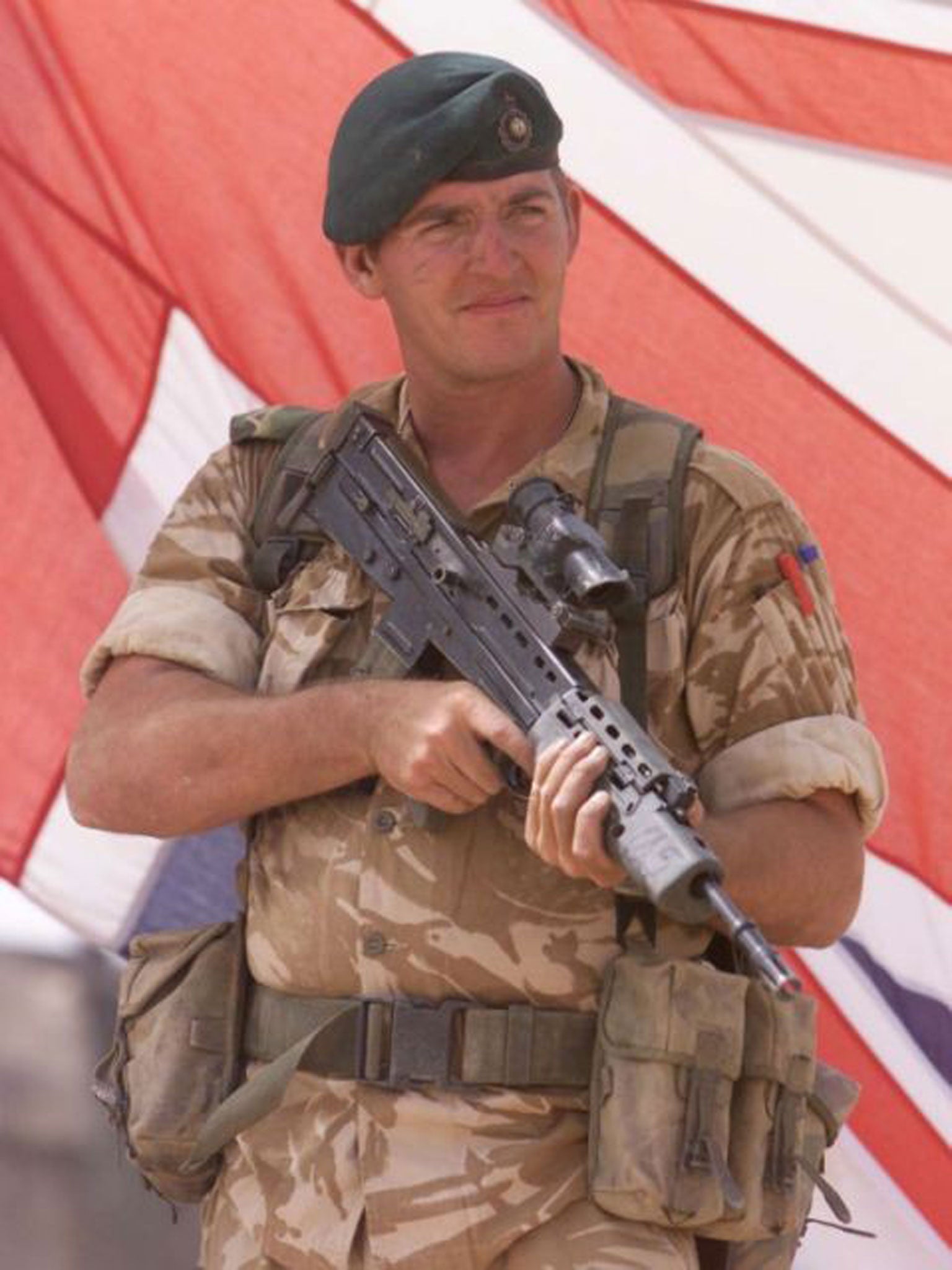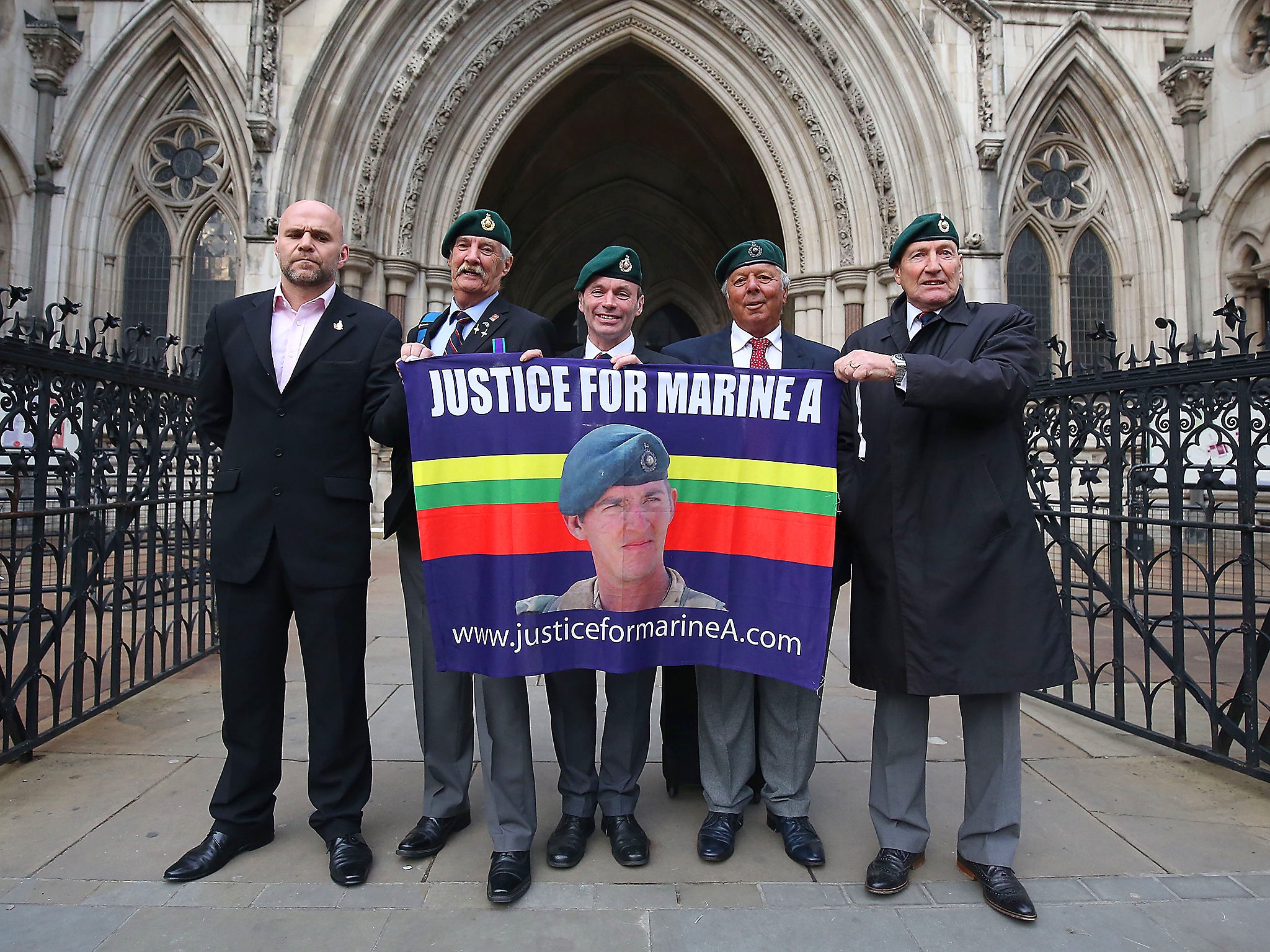Marine A: Author admits shooting two wounded soldiers in bid to quash Alexander Blackman murder sentence
Neal Ascherson says the murder conviction for Alexander Blackman was a 'miscarriage of justice'

Prolific author Neal Ascherson has confessed to killing two badly injured men while he was a Royal Marine during the Malayan Emgency in 1952.
The 84-year-old Scottish writer and journalist made the admission in a bid to quash the conviction of a fellow soldier, who was jailed for killing a man in combat in 2013.
Ascherson told The Times he had been haunted by his actions in shooting two "hideously wounded" guerillas and said: "The wrong of taking a life doesn't diminish. Instead it separates from all the justifications, however valid."
"Did he shoot out of pity, or out of frantic loss of control, or to make sure that his squad made it back across a killing ground without the burden of a wounded prisoner?" he asked.
"Whichever his motive, Blackman's act was 'culpable homicide' - manslaughter."
Alexander Blackman, also known as Marine A, is serving a life sentence for the murder of a Taliban fighter in Helmand Province during Operation Herrick 14, which was part of the British effort in the War in Afghanistan.
He is due to appeal the sentence next month.

Ascherson hopes his confession will help the campaign to free Blackman, 42, whose conviction he describes as a "miscarriage of justice".
During his trial, Blackman denied murder, and claimed he believed the mortally-wounded insurgent was already dead when he fired his pistol into his chest at close range and said: "Shuffle off this mortal coil you c***. It's nothing you wouldn't do to us."
Blackman's actions were recorded on the helmet-mounted camera of a comrade.
He was granted a fresh appeal against his murder conviction after a new legal team found psychiatric evidence which suggested he was suffering from an undiagnosed mental disorder at the time he shot the insurgent.
Join our commenting forum
Join thought-provoking conversations, follow other Independent readers and see their replies
Comments
Bookmark popover
Removed from bookmarks